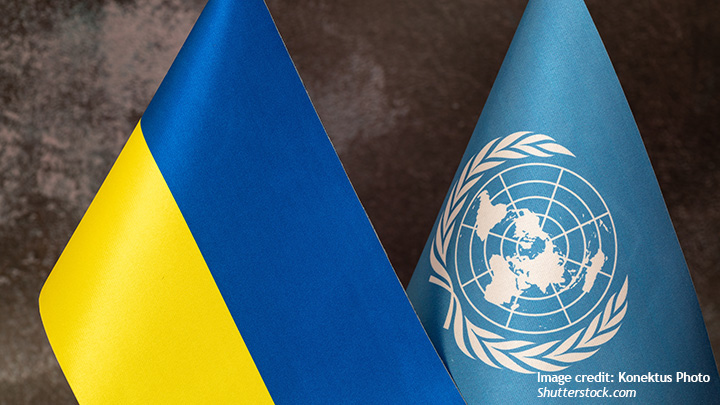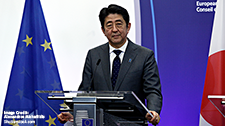War in Ukraine: Between Solution Finding and Global Bloc Building

Gabriela McGuinty Cañete, Maximilian Dippold and Yi-Chieh Chen
Executive Summary
• The geopolitical landscape surrounding the war in Ukraine and the various proposed solutions to end the conflict are complex.
• The war has impacted global power relationships and highlighted not only the decline of the UN’s rules-based order but also the challenges faced by established alliances such as NATO. It has also led to the emergence of new power blocs.
• The war in Ukraine is not merely a conflict between Ukraine and Russia, but a shaping force for the role of third parties in foreign conflicts.
• The proposed solutions reveal the medium and long-term geopolitical ambitions of the diverse actors involved. The Western strategy of sanctions and military support could influence the Indo-Pacific to deviate from its neutrality, while an opportunity for peace negotiations may arise if established neutrality is maintained.
• Despite the various proposed solutions, the international community does not expect the war to end soon, and Ukraine may find itself in a precarious position between the power struggles of emerging blocs.
• The multifaceted bloc building system and the intertwined geo-political landscape present new challenges to global peace and security, requiring a nuanced and collaborative approach to conflict resolution.




